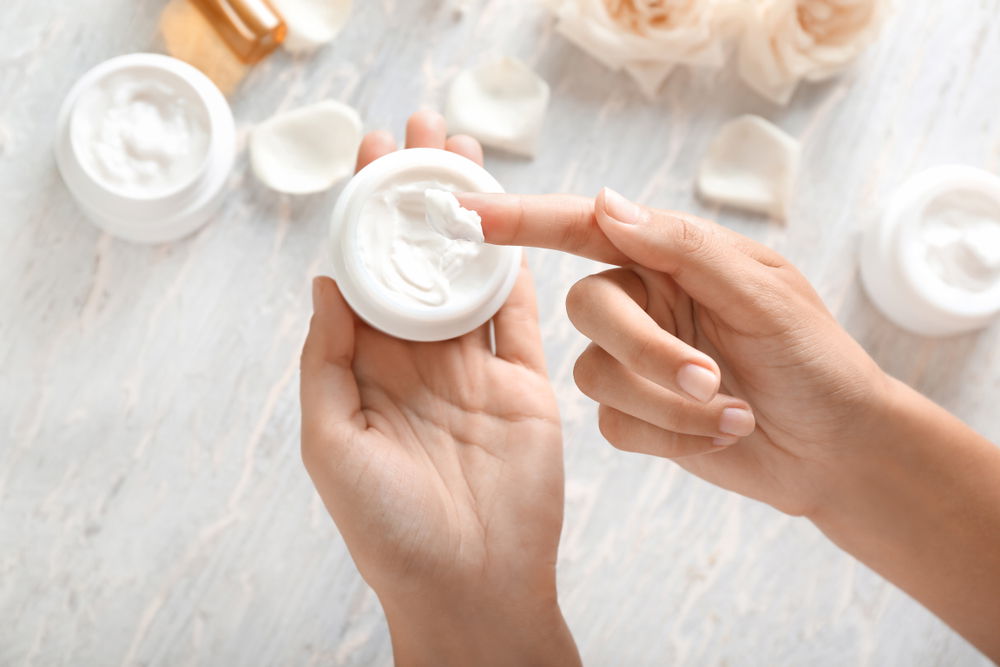 Your Skin Is a Superhero: How to Support Your Body’s Biggest Organ
Your Skin Is a Superhero: How to Support Your Body’s Biggest Organ

When you hear the word organ, you probably have certain things that come to mind, like lungs, kidneys, digestive tract or heart. While these are all essential parts of your body, there is another organ that many people tend to overlook. It is actually the biggest organ you have — and it is your skin. For the most part, we think of skin as merely a cosmetic part of the body, that we want to ensure looks good for superficial purposes. But skin is actually responsible for some really important bodily functions, like regulating your body’s temperature and keeping it safe from harmful organisms. To learn more about how healthy skin is essential for a healthy body, read on to discover how to support your body’s biggest organ.

What is skin responsible for?
Before we talk about how to support your skin, let’s take a look at what skin actually does. Skin is actually a huge part of your body, even accounting for around 15 percent of your body weight. “It’s part of a team of organs that work together,” says Barry Goldman, MD. It is much more important than most people realize, according to another doctor, Kemunto Mokaya, MD. “You can’t view the skin as simply something that wraps or covers up the body,” says Mokaya. “It’s an important and essential organ system that’s complex and has many roles.”
Skin helps to do many functions within the body, such as: provide immunity, release toxins through sweat, synthesize vitamin D, make melanin, protects and covers internal body parts and organs, and provides differentiation of different textures and temperatures through the sensation of touch.

It also helps to keep our bodies safe from foreign invaders. The top layer of skin, known as the epidermis, is the first defense against harmful things like viruses and bacteria. “Intact skin can prevent pathogens from gaining a foothold,” says Goldman. “A disrupted skin barrier allows bacteria and viruses to penetrate deeper into the skin and cause infection.” What is amazing about skin is that it can continue fighting pathogens even if they are able to penetrate the epidermis. “White blood cells from the body constantly circulate through the skin, conducting immune surveillance,” Goldman says.

How do you care for your skin?
Because skin is so important to our health, it is essential to make a concerted effort to keep skin healthy and thriving. The best approach for skin health is to provide support from the inside, as well as the outside.
“You are what you eat” is applicable here in that what you consume has a huge impact on your skin health. To begin supporting your skin through diet, increase your consumption of foods that are rich in antioxidants. This can include berries, dark leafy greens, and spinach and kale. Also increase your intake of monounsaturated and polyunsaturated fats by eating more foods like chia seeds, walnuts and salmon. These foods will reduce free radical and environmental damage, as well as strengthen the skin’s lipid barrier.
Also eating more probiotic foods like yogurt, and prebiotics like potatoes, fruits and vegetables, can all help to improve the skin’s barriers. As it is essential to intake good foods, it is also important to reduce intake of negatively affecting foods like sugary foods and highly processed foods. Research has found that acne is linked to high intake of sugar, and processed foods can be a cause of atopic dermatitis.

For topical support of your skin, skin experts suggest investing in high quality products that you can incorporate into your skin regimen. These include the following: a moisturizer that is suitable for your skin type, a good cleanser that is good for your specific skin type as well, and a broad spectrum sunscreen.

Interestingly enough, there are some seemingly unrelated practices that are actually great for your skin as well. Exercise is one of the best ways you can support your skin because it increases blood flow to all organs — including your skin. Sleeping is another big deal for skin health, as it gives the skin time to regenerate during rest. Also spending time outside is wonderful for skin care.